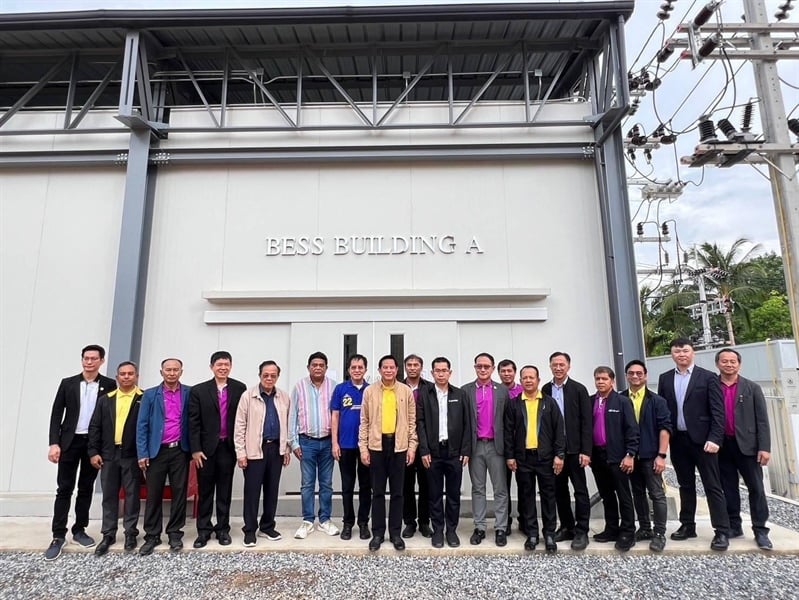Thailand prepares for renewable energy and peak demand growth
Date:2024-08-26
This morning (3 July), the PEA announced that Thailand’s deputy prime minister and energy minister Peerapan Salirathavibhaga had made a visit to one of the country’s first large-scale BESS facilities, in the tourist hotspot region of Koh Samui.
The minister made the visit to inspect the project onsite, as well as to discuss how energy storage and broader government policy can support energy security in Koh Samui.
According to Ministry of Energy electricity statistics published in February, Thailand is heavily reliant on fossil fuels for power generation, with about 57% coming from natural gas and domestic coal about 15%.
Renewable energy including biofuels and waste-to-energy accounted for about 10% of the generation mix, with PV and wind at just 4% together.

According to Bangkok-based lawyer David Beckstead of the firm Chandler MHM, who published an entry on the International Bar Association blog in February this year, there has been little push to date for energy storage.
This is due not only to the low levels of renewable energy penetration on the grid, but also due to overabundant generation capacity of thermal generation: Beckstead noted that grid capacity stood at about 48.8GW, but peak demand has never exceeded 34.2GW.
However, under the latest edition of Thailand’s national Power Development Plan, published last month, the Ministry of Energy plans to procure 77.4GW of new energy capacity to meet growing demand.
The peak is projected to grow to 56.1GW by 2037, while renewable energy’s share of the electricity generation mix will increase to 51%.
For more information, please go to the website:
https://www.energy-storage.news/provincial-electricity-authority-of-thailand-signs-mou-to-assess-energy-storage-system-feasibility/

 Location >>
Location >> 
